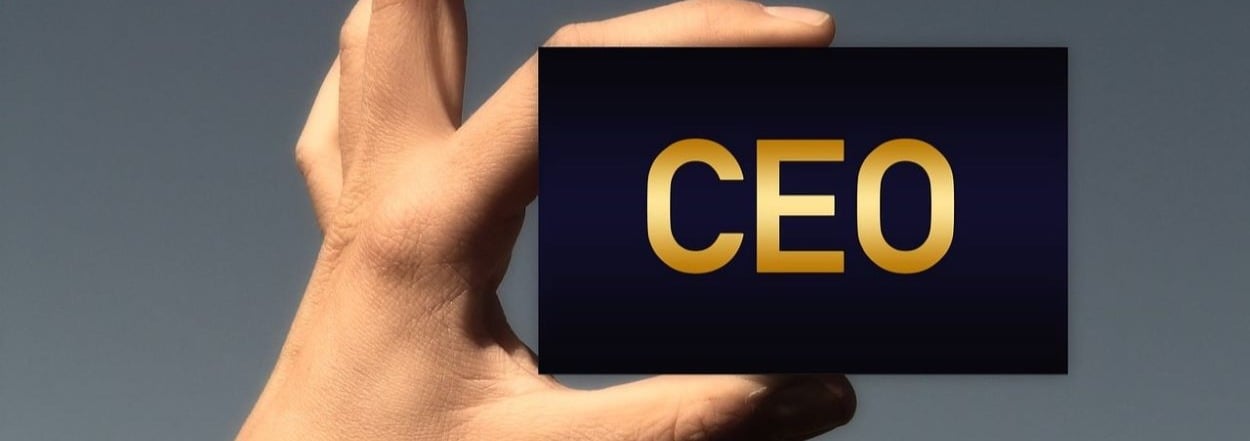I’ve seen it happen over and over again.
A travel advisor builds a successful business; clients are rolling in; bookings are steady; referrals are happening, and things should feel good. But instead of feeling confident and in control, they feel buried. Everything feels urgent. Every day feels like triage. There’s no white space, no time to plan and certainly no time to grow.
And when I ask what their days look like, I hear the same thing:
“I’m just trying to keep up.”
What’s running the show isn’t strategy. It’s reaction. It’s a pattern I call “just in time” work. You know the kind. You respond to things the second they pop up. You do the work right when it’s due. You scramble at the last minute to meet a deadline or fulfill a request. You get things done, but just barely. Always a step behind. Always answering. Always accommodating.
It might feel like you’re doing what’s necessary. But the truth? This kind of reactive workflow is quietly sabotaging your ability to grow.
The Tyranny of the Urgent
Back in the 1960s, a guy named Charles Hummel wrote about a concept called the tyranny of the urgent. His point was that the most urgent things in our lives tend to crowd out the most important ones. And that’s exactly what I see happening to business owners who operate in constant reactivity.
In our travel businesses, the urgent shows up as emails, form requests, last-minute flight changes, supplier follow-ups, tech glitches and yes, client expectations that pop up with zero warning.
How about the important? The important work is what actually moves your business forward. Systems. Strategy. Leadership. Delegation. Hiring. Streamlining. Building infrastructure that protects your time and serves your clients at a higher level.
The urgent will always scream louder. That’s what makes it feel important. But if you continue to run your business in reaction mode, the important will always get neglected. And that’s when growth stalls.
How We Get Stuck in the Cycle
I used to live here — every single day.
Everything felt like it had to be done now. I’d get into deep focus work, locking in, only to get pulled into a client crisis or distracted by something that looked more pressing in the moment. I’d spend my time putting out fires instead of doing anything of long-term value. I thought I was being productive. I wasn’t.
I was stuck in a cycle of urgent, last-minute tasks. And that cycle kept me small.
What made it worse? I didn’t even realize how much it was costing me. My days were packed, so I thought I was doing all the right things. But busy doesn’t always mean effective. It certainly doesn’t mean strategic.
And if we’re being honest, it doesn’t feel good either.
'Just in Time' Isn’t a Strategy
When everything in your business is done at the last minute — emails, prep work, proposals, confirmations — you leave no space to think ahead. You don’t have time to pause and assess whether something could be done differently or delegated to someone else. You just do what has to be done and move on to the next task.
The problem is, this approach eats away at your leadership.
Leaders are meant to anticipate, not react.
But when you’re in “just in time” mode, you don’t get to lead. You get stuck doing. And that kind of constant doing means you are always behind, even when things look fine on the outside.
It’s why I see travel advisors hit a plateau. Their inquiries might be steady. Their clients might be happy. But their business isn’t growing. Because there’s no space for growth when you’re reacting all the time.
The Role of Systems and Planning
So what’s the alternative?
Systems.
Yes, the word that comes up in every training I lead and every coaching call I host. Because it’s not just a buzzword, effective systems change everything.
Systems take your business from chaos to consistency. They give you margin. They create room to think and plan. They reduce decision fatigue. And most importantly, they let you anticipate what needs to happen, instead of constantly being surprised by what’s next.
A system could be a template. A checklist. A standard operating procedure. A recurring calendar block. A workflow your assistant follows every week without needing to ask you for guidance.
It doesn’t have to be complicated. But it does have to be intentional.
When your business runs on systems, you stop living in the land of emergencies. You stop playing defense all day long. And you finally get to play offense and build the business you’ve always wanted.
Focus Is a Non-Negotiable
I know what you’re probably thinking: “But I’m really good at multitasking.” I get it. I used to tell myself the same thing.
But here’s the truth. You’re not supposed to be available for everything all the time. You’re supposed to have time carved out to focus. Deep, uninterrupted time. That’s where your best decisions and biggest ideas come from. That’s where leadership lives.
When your day is run by alerts, interruptions and urgency, you lose that focus. And research shows it takes an average of 23 minutes to get your concentration back after an interruption (University of California, Irvine). Now multiply that across a day full of distractions and ask yourself how much meaningful work you’re really able to do.
This isn’t about working harder. This is about working differently.
You Are Allowed To Slow Down To Speed Up
One of the hardest lessons I’ve had to learn, and one I share often, is that slowing down is sometimes the most strategic move you can make.
Slowing down to build a system.
Slowing down to document a process.
Slowing down to train someone the right way.
Slowing down to say, “Does this even need to be done by me?”
Because once those pieces are in place, things speed up in ways that actually matter. You get more done in less time. You feel less scattered. Your team works more efficiently. And your clients are better served — not because you’re rushing, but because the business finally has structure.
Let’s Lead Like CEOs, Not Emergency Responders
You are the CEO of your business. And it’s time to start leading like one.
That doesn’t mean you ignore clients or let tasks pile up. It means you make the shift from reaction to intention. From scrambling to structuring. From “just in time” to “well planned and well led.”
Because this business you’re building? It deserves more than hustle.
It deserves strategy.
And so do you.






comments